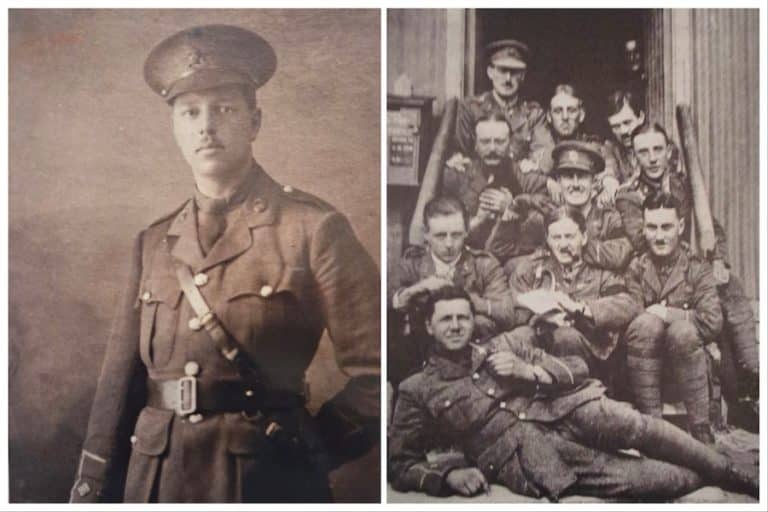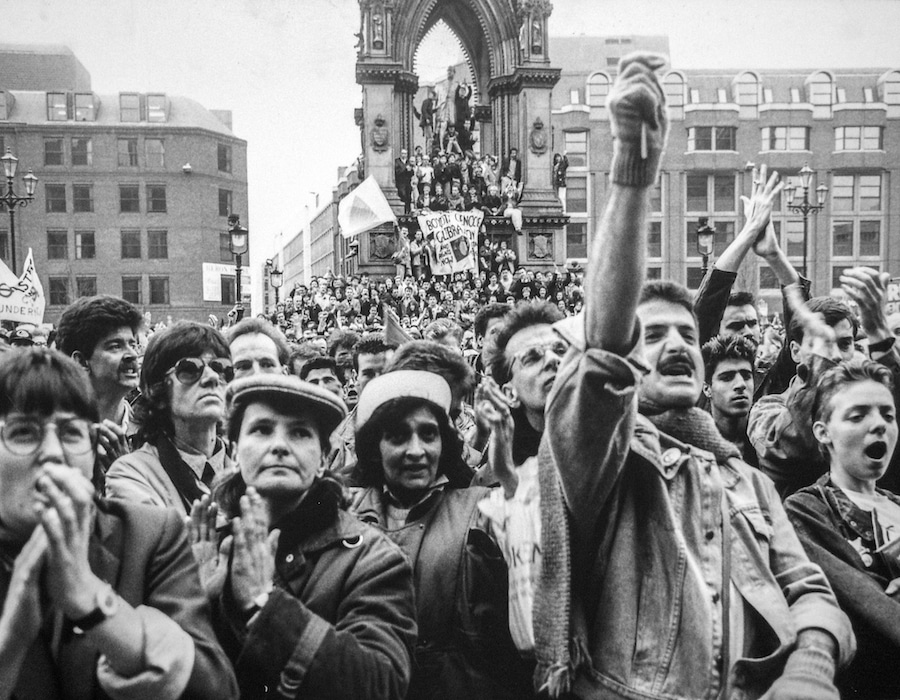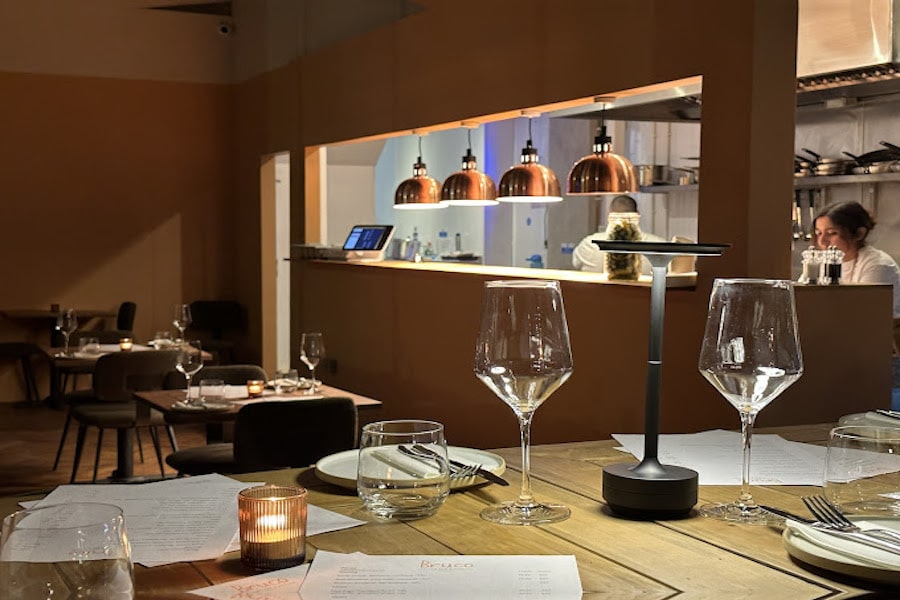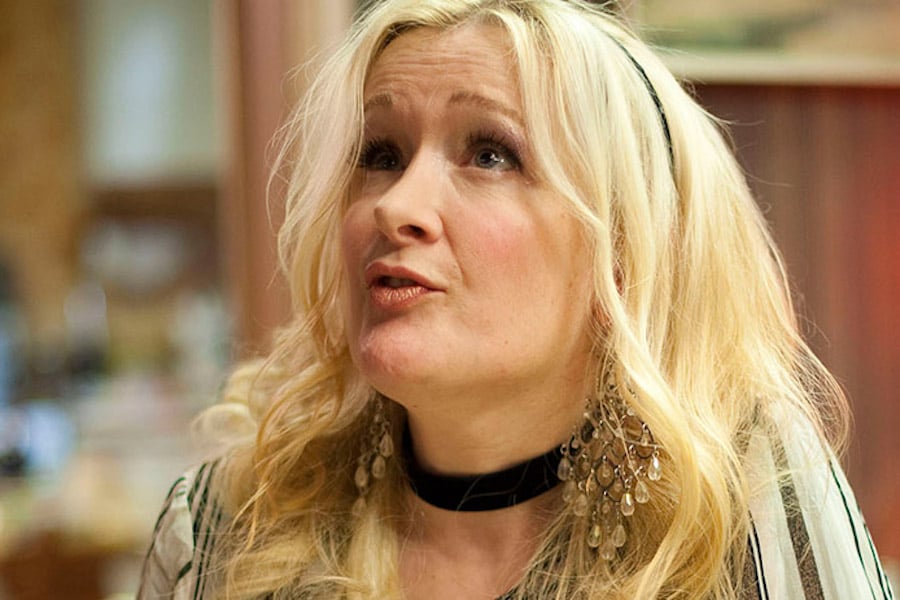Is the north-south divide widening – or are the answers here in the north?
- Written by Ray King
- Last updated 5 years ago
- City of Manchester, Civic, Community
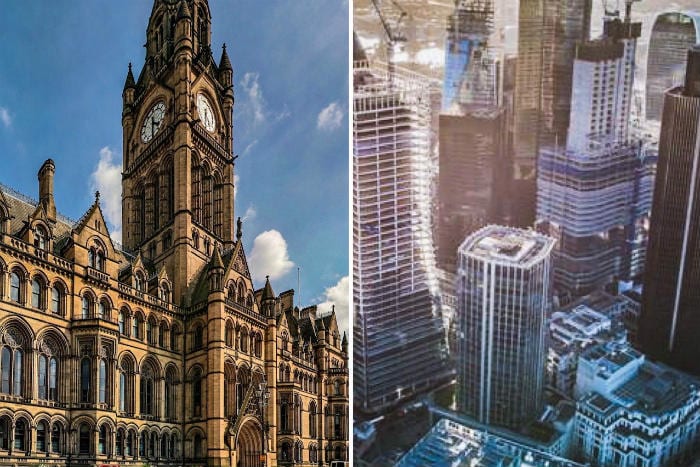
There are some people who compare the lavish lifestyles of The Real Housewives of Cheshire with life on the mean streets of Peckham and Tower Hamlets and claim that the north-south divide doesn’t exist.
The country’s real divide, they contend, is between the haves and have-nots, wherever they happen to live. Owen Jones, The Guardian’s Stockport born left-wing writer and polemicist, goes further. Not only is the north-south divide a myth, he once argued, it is also a distraction.
Cut to the 2019 General Election campaign, however, and the north has its own manifesto and politicians of all shades appear to be falling over themselves to recognise the divide and promise to address the issues in the scramble for votes in northern marginal constituencies.
Former head of the civil service, Lord Kerslake, had no doubts about the existence of the north-south divide when he launched a devastating report earlier this year, warning that the dramatic divisions between London and the rest of the UK are set to widen unless drastic action is taken.
He likened previous efforts to reduce stark regional inequalities as “sticking plasters” and warned that divisions were growing, causing “disturbing disparities in people’s life chances”.
He argued that tackling the north-south divide could help to heal tensions exacerbated by Brexit and restore trust in politicians. The report drew shock comparisons between the scale of the UK’s regional disparities and German reunification in the 1990s after the end of the Cold War.

When the Manifesto for the North was published earlier this month, Greater Manchester mayor Andy Burnham observed that the UK is the most politically centralised and regionally imbalanced country in the developed world and that “these two depressing facts are intrinsically linked”.
In an article published in The Guardian, he wrote: “If you concentrate politicians and civil servants in one part of the country, it is unsurprising that they will make decisions that favour that place over others.”
People who date the north-south divide to the collapse of traditional industries during the 1970s and 1980s – east Manchester was particularly hard hit – ignore divisions that have existed for centuries.
In the 1930s’ slump, the north suffered the brunt of mass unemployment because that’s where the most vulnerable industries – coal, cotton, engineering, shipbuilding and so on – happened to be located. The jobless marched from Jarrow not Harrow.
On top of the economic division there is a pernicious and ongoing cultural prejudice stemming from London’s sense of entitlement at the expense of everywhere else.
When I worked at Granada TV in the 1960s, the staff’s watering hole was the Film Exchange, a club-cum-bar at the top end of Quay Street. Granada at the time was fiercely regional and delighted in having a framed copy of a letter written by Regency dandy Beau Brummell to his friend the Prince of Wales (later King George IV) on the wall of the bar.
Brummell, an officer in the 10th Royal Hussars, wrote: “Why the fact is, your Royal Highness, I have heard that we are ordered to Manchester. Now you must be aware, how disagreeable this would be to me; I really could not go – think, your Royal Highness, Manchester!” The year was 1797.
In the 1990s, little had changed. Manchester’s daring bid to stage the 2000 Olympic Games was met with derision by most of the London media despite the fact that the Games had recently been staged in Barcelona, Munich, Atlanta, and Los Angeles – none of them capital cities.
The Oxford University Union even staged a debate on the futility of the Manchester bid and when the 2000 Games were awarded to Sydney – not a capital city either – Damien Green, then head of the Downing Street policy unit and later a Conservative MP, went further.
He told Tory Prime Minister John Major, who was very supportive of Manchester: “The reason for Manchester’s failure is the obvious one: that no one in their right mind would spend three weeks in Manchester rather than Sydney. “It is hard to imagine Manchester ever being successful.”
The same “it has to be London” prejudice was no doubt at work during the Blair Labour government when, at obscene cost to the entire country, Wembley was chosen over Manchester’s superior bid as the location for a new national stadium and the ridiculous dome became the nation’s Millennium project.
Only a year ago, transport minister Chris Grayling “postponed” a raft of proposed rail improvements in Greater Manchester and the north and two days later gave the go-ahead for London’s north-south Crossrail 2 while the original east-west Crossrail is years late and massively over-budget.
It will be interesting to see how long after the election the decision to continue with HS2, actually holds following the review widely expected to scrap it.
There is a growing consensus that, given attitudes in London, problems of the north have to be addressed in the north – hence the manifesto’s emphasis on further and far reaching devolution.
In his Guardian article, mayor Burnham said: It [the Manifesto for the North] seeks to free us from the shackles of short-sighted policies on transport and housing and give us the power to solve things for ourselves.
“At a time when politicians can bareley agree on anything, devolution of power to the English regions is perhaps the only big idea uniting people across the political spectrum. For that reason alone, it must be embraced.”
- This article was last updated 5 years ago.
- It was first published on 18 November 2019 and is subject to be updated from time to time. Please refresh or return to see the latest version.
Did we miss something? Let us know: [email protected]
Want to be the first to receive all the latest news stories, what’s on and events from the heart of Manchester? Sign up here.
Manchester is a successful city, but many people suffer. I Love Manchester helps raise awareness and funds to help improve the lives and prospects of people across Greater Manchester – and we can’t do it without your help. So please support us with what you can so we can continue to spread the love. Thank you in advance!
Got a story worth sharing?
What’s the story? We are all ears when it comes to positive news and inspiring stories. You can send story ideas to [email protected]
An email you’ll love. Subscribe to our newsletter to get the latest news stories delivered direct to your inbox.

English National Opera finds a new home in Manchester making opera accessible to all
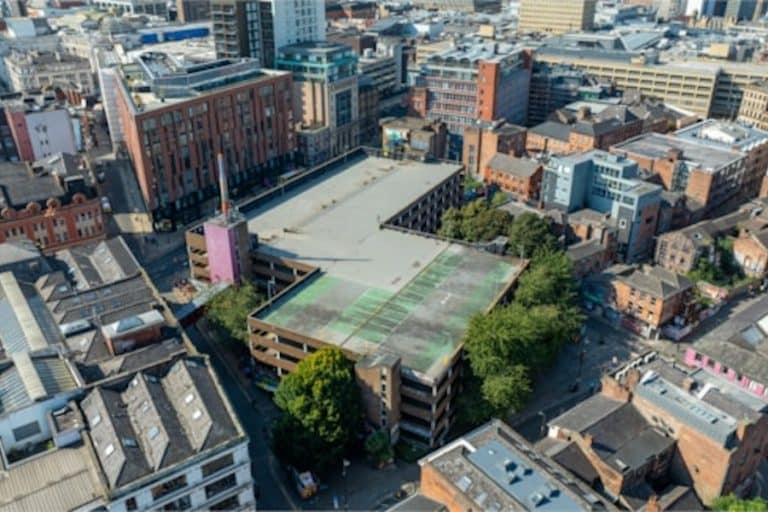
What will replace Northern Quarter’s Church Street multi-story car park?

How a community response is preventing Mancunians from going hungry this winter
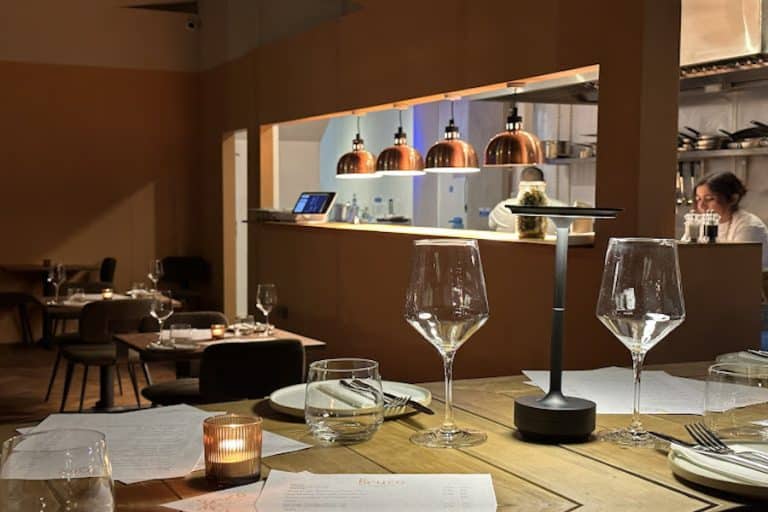
“Great food at excellent value” An authentic taste of Naples arrives in Ancoats
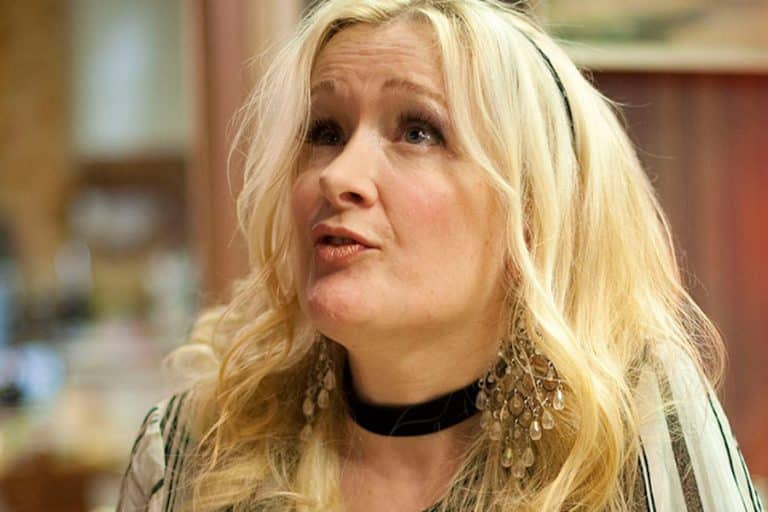
Comedian spearheads campaign for a statue of beloved comic Caroline Aherne
